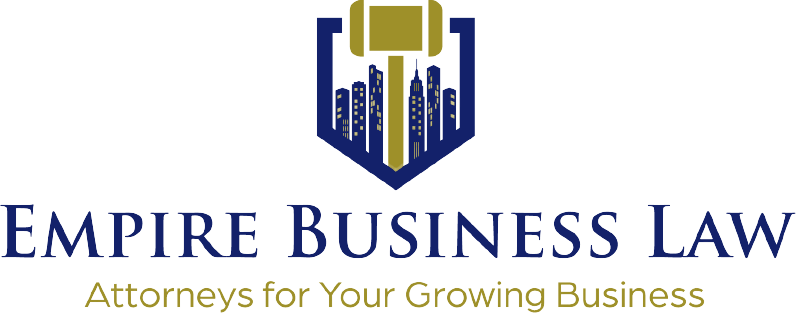Why Most Trademark Applications Get Rejected—and How to Avoid It with Legal Help
When it comes to protecting your brand, securing a federal trademark can be one of the smartest legal moves you make. But the trademark application process isn't always as straightforward as it seems. In fact, many business owners learn the hard way that trademark applications are often denied—and not necessarily for the reasons they expect.
At Empire Business Law, we’ve seen it all: rushed applications, overlooked conflicts, incomplete filings, and costly Office Actions. The truth is, even a seemingly simple application can hit legal and procedural roadblocks that delay or completely derail your brand protection efforts.
This article breaks down the most common reasons trademark applications are rejected—and how having experienced legal support can help you avoid those pitfalls entirely.
SEE ALSO: NYC trademark attorney
I. The Most Common Reasons Trademark Applications Are Denied
The United States Patent and Trademark Office (USPTO) denies a large number of trademark applications every year. Here are the most frequent reasons why:
1. Similarity to Existing Trademarks
This is the number one reason for denial. If your mark is too similar to a registered trademark—whether in sound, appearance, or meaning—it could create what's known as a "likelihood of confusion." The USPTO will reject it to prevent brand mix-ups in the marketplace.
2. Generic or Merely Descriptive Terms
Trademarks must be distinctive. A name like "Fresh Juice" for a juice company is too generic or descriptive and will likely be rejected. The USPTO looks for terms that help identify the source of goods or services, not describe them.
3. Incorrect or Incomplete Application
Simple mistakes—like selecting the wrong international class or misidentifying the goods and services—can result in a denial. These errors are common in DIY filings.
4. Failure to Demonstrate Use in Commerce
If you’re filing a "use-based" application, you must prove the mark is already being used in interstate commerce. Inadequate or unclear proof (like vague photos or marketing materials) can lead to rejection.
5. Improper Specimen Submissions
A specimen is an example of how your mark is actually used. Submitting a mockup, instead of a real-world example like product packaging or a website screenshot, can lead to denial.
At Empire Business Law, we help clients navigate each of these potential roadblocks—so your application is set up for success from the start.
II. Misconceptions About the Trademark Process
Many denials stem from false assumptions about what the process actually involves. Let’s clear up a few common myths:
“It’s Just a Form”
A trademark application is a legal document. It must meet very specific requirements under federal law, including correct classification, legal use, and non-infringement.
“Registration Guarantees Approval”
Filing a trademark doesn’t mean it will be approved. The USPTO examines every application against strict legal criteria. Without strategic planning, you could waste time and money.
“My Business Name is Unique Locally, So I’m Safe”
Trademark law doesn’t only look at your local area. It considers all uses across the country in your industry. Even if there’s no identical business name in your town, there might be a similar mark registered elsewhere.
At Empire Business Law, we clarify these misconceptions and guide you through the legal nuances that most applicants miss.
III. Why the Trademark Search Is Non-Negotiable
Too many trademark applications are denied because applicants skip or misunderstand the importance of a comprehensive trademark search.
What’s Involved in a Proper Search?
A real trademark search doesn’t just check the USPTO database. It involves reviewing:
- Registered trademarks
- Pending applications
- Common law usage (unregistered marks)
- Domain names and social media handles
- Similar sounding or visually related names
Even small differences—like plural vs. singular, or altered spelling—can cause confusion if they fall within the same class of goods/services.
DIY Search ≠ Clearance
A quick Google search or a glance at the USPTO’s website is not enough. Many applications are denied because the applicant missed an unregistered but conflicting brand already in use.
When you work with Empire Business Law, we perform detailed, attorney-led searches to uncover and avoid potential conflicts before you invest in the application process.
IV. Office Actions: What Happens When There’s a Problem
An Office Action is a letter from the USPTO identifying legal problems with your application. These are not automatic denials, but they are red flags—and they require a prompt, well-argued legal response.
Types of Office Actions:
- Substantive Refusals: Likelihood of confusion, merely descriptive marks, etc.
- Procedural Issues: Missing information, formatting problems, etc.
- Specimen Problems: Inappropriate or inadequate usage examples
You usually have six months to respond, and how you respond determines whether your trademark survives.
Our team at Empire Business Law has deep experience in crafting strong responses to Office Actions. We know what examiners look for and how to address their concerns persuasively.
V. The Legal Edge: Why Having a Trademark Attorney Matters
A trademark isn’t just paperwork—it’s the legal identity of your brand. Having the right attorney can mean the difference between a clean registration and a costly rejection.
Key Benefits of Legal Representation:
- Strategic planning of name, logo, slogan, and class
- Professional trademark searches that go beyond basic databases
- Proper application drafting to minimize risk of errors or omissions
- Office Action responses written with legal precedent and argument
- Monitoring and enforcement after registration
Without experienced legal help, many businesses unknowingly set themselves up for rejection, rebranding, or even lawsuits.
Empire Business Law gives your brand the legal edge it needs from day one.
VI. Trademarking Beyond Names: What Most Business Owners Overlook
Most people associate trademarks with business names or logos. But federal law allows you to trademark a much wider range of brand elements.
Other Trademarkable Assets:
- Slogans (e.g. “Just Do It”)
- Sounds (e.g. NBC chimes)
- Colors (e.g. Tiffany blue or Target red)
- Product packaging (known as “trade dress”)
Why This Matters:
Protecting more than just your business name strengthens your brand defensively and offensively. It prevents imitators from copying your distinctive brand identity and opens up more legal options if they do.
We help clients at Empire Business Law explore their full range of trademark assets—not just the obvious ones.
SEE ALSO: NYC trademark attorney
VII. What a Clean, Successful Trademark Filing Looks Like
A strong application isn’t just one that avoids rejection. It’s one that secures long-term, enforceable protection.
Elements of a Strong Filing:
- A distinctive, legally viable name
- Proper classification of goods and services
- Clear, lawful “use in commerce”
- Accurate and complete descriptions
- High-quality specimens of use
- A pre-emptive legal strategy for potential conflicts
At Empire Business Law, we walk clients through every one of these steps—removing the guesswork and building a case the USPTO can approve.
VIII. Who Needs This Most? Startups, Rebrands, and Growing Brands
While any business can benefit from trademark protection, certain groups are especially vulnerable to the consequences of an application denial.
Startups:
- Risk spending marketing dollars on a brand name that isn’t legally protectable
- Vulnerable to infringement lawsuits without realizing it
Rebrands:
- Need to ensure the new identity doesn’t conflict with existing marks
- Can’t afford another failed attempt
Scaling Businesses:
- As you expand, you’re more visible—and more vulnerable
- Delayed protection = open door for imitators
We’ve helped entrepreneurs at every stage navigate the complexities of trademark law. Whether you’re launching your first product or expanding into new markets, Empire Business Law ensures your brand has legal footing.
IX. Final Thoughts: Don’t Let a Preventable Mistake Cost You Your Brand
There’s no room for error when it comes to protecting your brand. A rejected application isn’t just a paperwork issue—it’s a business risk that can lead to lost time, revenue, and credibility.
The good news? Every pitfall outlined in this article is avoidable. With a legally sound trademark strategy and an experienced attorney by your side, your chances of success rise dramatically.
At Empire Business Law, we don’t just fill out forms. We give your business the legal clarity, security, and strength it needs to grow confidently—protected from imitation and confusion in the marketplace.
X. Ready to File Your Trademark the Right Way?
If you’re serious about protecting your brand, don’t leave your trademark application to chance. Our team is here to guide you through every stage of the process, from initial search to final registration and enforcement.
Avoid the costly delays, rejections, and brand confusion. Let us help you trademark your identity with confidence.
👉 Start here with Empire Business Law’s Trademark Services
See Also: startup lawyer, trademark lawyer, business lawyer, asset purchase agreement
Empire Business Law
SHARE POSTS:
Leave a Comment
Empire Business Law

Contact Empire Business Law Today for All Your Business Needs. Book an Appointment online Here or give us a call.
Call (855) 781-7705 / (909) 295-8725
Categories
• Business Law
• General Counsel
• Trademark Law
• Trademark Application
• Mergers & Acquisitions
Recent Posts
Newsletter Subscription








